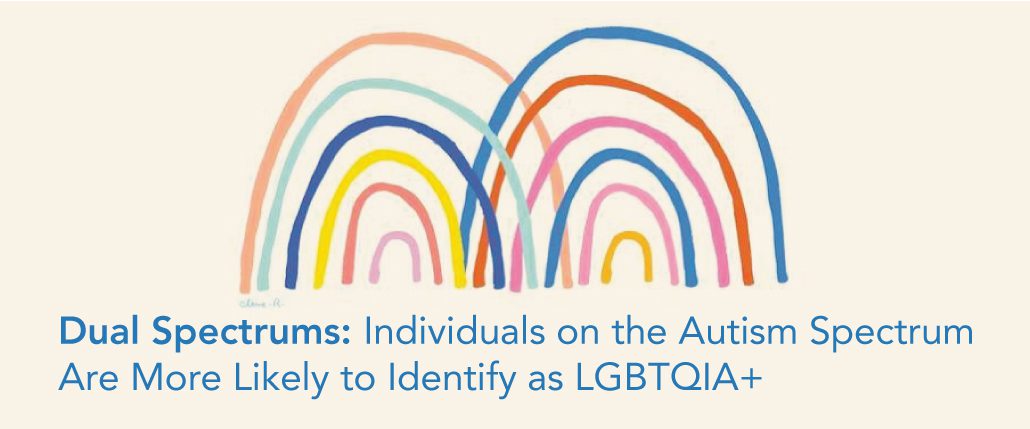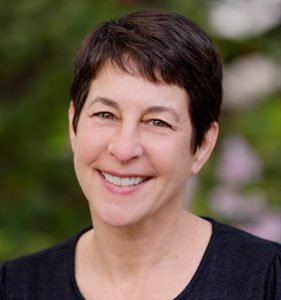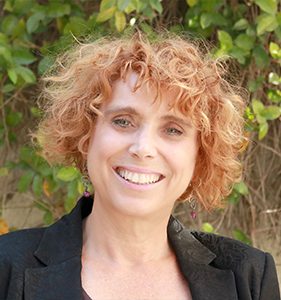
Individuals on the Autism Spectrum Are More Likely to Identify as LGBTQIA+
Did you know that June is Pride Month for the LGBTQIA+ community and that June 18th is Autistic Pride Day as well? Pride Month for the LGBTQIA+ community happens in the US in June to commemorate the Stonewall uprising which occurred at the end of June 1969. Now many pride events are held during June to recognize the impact LGBTQIA+ people have had on the world. Autistic Pride Day is a pride celebration for autistic people held on June 18 each year. Autistic Pride recognizes the importance of pride for autistic people and its role in bringing about positive changes in the broader society. Why are these two celebrations of Pride particularly important and interesting? It’s because individuals on the autism spectrum are more likely to identify as LGBTQIA+.
New research around the intersection/overlap between ASD and transgender/ gender-nonconformity is a relatively new area of study, but there’s enough evidence to show that this is a growing community in need of a safe space. At The Help Group, there’s a new program in place called Kaleidoscope, which serves neurodivergent and neurotypical LGBTQIA+ youth and young adults, as well as their families, in developing self-acceptance, mental health stability, strong social connections, and resiliency. The program provides affirming support and a community where all are welcome and everyone belongs.
Gender, like autism, exists on a spectrum. Recent research has suggested that individuals who identify as autistic or as having autism traits are more likely to identify as LGBTQIA+.
Nationwide, one in 54 children are diagnosed with autism, according to the Centers for Disease Control and Prevention. And while 4.5 percent of Americans identified as part of the LGBTQ community, according to a Gallup Daily tracking survey, research and those in the autism community report much higher rates of people with autism who also are LGBTQIA+ than in the neurotypical population. Here are some interesting research findings on the overlap:
LGBTQ
- General population: 4-5%
- Autistic population: 15-35%
Gender
- Identifying as trans/nonbinary is higher in autistic folks assigned female at birth
- Autistic folks assigned female at birth more likely to identify as bi-sexual or asexual
Trans/Nonbinary
- 4% of general population identify as trans/nonbinary
- Trans identity is 3-6% higher in autistic folks
- Even higher when looking at gender-nonconforming folks
- In the US, 6.5% of autistic teens and 11% of autistic adults did not feel comfortable with their sex assigned at birth, compared with just 3 to 5 percent of the general population
- In Netherlands 15% of autistic adults identify as trans/nonbinary
- A 2018 Australian survey of trans teens & young adults found 22% had been diagnosed with autism, compared with 2.5% of cisgender Australian teens and young adults
- Some experts estimate that 6 to 25.5 percent of gender-nonconforming folks are autistic
Research in this subject is relatively new. So it’s too early to speculate on possible reasons why there is a correlation, but some experts believe that social experiences are likely a main component. Compared with neurotypical people, autistic people may be less influenced by social norms and so may present their internal selves more authentically. There are a few other theories that experts are looking into as well.
What does this mean for clinicians and caregivers?
Continued research is important. It helps mental health professionals, educators, health care professionals, and parents create adequate plans for talking to autistic children about gender, sexuality, and related topics. In addition to more research, experts recommend the following….
- Screen for ASD at gender clinics
- Discuss gender identity and sexual orientation during intake with autistic folks
- Improve screening tools to better identify autism among gender-nonconforming children, just as they need to be adjusted to spot the condition among children assigned female at birth
- Ensure cross-training between gender clinics and ASD clinics
- Train clinicians to help autistic clients understand the diversity of gender and work toward an understanding of non-binary systems of gender
- Provide access to proper sexual education classes/resources
Where do we go from here?
Early research focused on measuring the prevalence of diverse gender identities in the autism community, but we should now be asking how to best to support autistic people who are gender-nonconforming.
If you’re not familiar with The Help Group’s Kaleidoscope program, which launched in 2019, here’s a bit more information on the program – Kaleidoscope supports LGBTQIA+/Questioning and neurodiverse youth, young adults and their families in building healthy relationships, strong social connections and critically needed life skills. Through high quality, innovative programming, using the latest research and evidence-based programs, Kaleidoscope’s mission is to help each person realize their unique potential and thrive! Kaleidoscope offers therapy services, support groups, coaching, and social events.
At The Help Group, we think it is crucial for LGBTQIA+ neurodiverse young people to engage in communities comprised of people who can relate to them and provide a deep sense of validation. And for those family members, allies, and providers of LGBTQIA+ neurodiverse individuals, it is our responsibility to learn how to create a more accepting and safe space for them to thrive. Just as the name indicates, a kaleidoscope is made up of all different colors, shapes, and sizes. When turned slightly, it allows for a new and beautiful perspective to emerge. Kaleidoscope is grounded in the inclusive belief that every young person deserves a great future through the celebration of strengths in differences.
To learn more about the program, visit www.KaleidoscopeLGBTQ.org.

